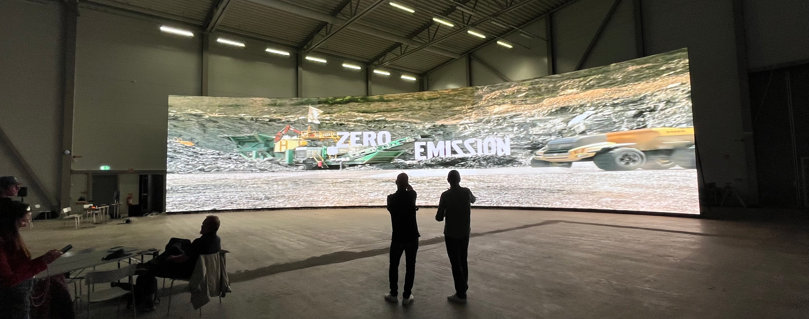Research project focuses on the future of XR and AI

A research project in Extended Reality (XR) and Artificial Intelligence (AI) at BTH has received funding. The project aims to improve the accessibility of new XR features through AI-based systems. With collaboration between Swedish and US industrial partners and research institutions, the goal is technological development and strengthening global ties in technology and innovation.
The project, Collaborative Innovation for XR Accessibility and Development, aims to improve the accessibility of new XR features through AI-based support systems. The goal is to help companies use XR technology to drive sustainable innovation.
“For businesses to truly benefit from XR technology, it must be both user-friendly and accessible. Our focus is to solve real industry challenges by creating breakthrough solutions with the latest XR technology,” say Giulia Wally Scurati and Ryan Ruvald, project leaders at BTH.
The work within the project will foster close collaboration between industrial partners and research institutions in both Sweden and the US. The project focuses on developing XR technologies that can be applied in various fields, such as improving industrial efficiency and promoting environmental sustainability.
The heart of the project is BTH’s Virtual Production Studio Lab, which serves as a test environment for developing, testing and refining XR technologies. Here, the research team will experiment with and refine XR technology to make it more engaging, inclusive and sustainable. The focus is on four key areas: visualisation, interaction, devices and content.
Giulia Wally Scurati, adjunct senior lecturer, and Ryan Ruvald, postdoctoral at the Department of Mechanical Engineering, are leading the project.
16 December 2024